Litera One, Gen AI, And The Future Of Legal Tech
[Sponsored] Litera CEO Avaneesh Marwaha weighs in on the company’s new solutions and how they’re changing the Biglaw workflow at Legalweek. The post Litera One, Gen AI, And The Future Of Legal Tech appeared first on Above the Law.


Generating first drafts of legal documents. Managing contract redlines and coordinating revisions. Surfacing hard-to-find data.
In the age of generative AI, the biggest legal technology use cases often focus on streamlining the tasks routinely performed by junior associates.
For Litera CEO Avaneesh Marwaha, however, the focus is shifting.
“Our story from this point forward is about the partner, the rainmaker,” he says. “I spend most of my time thinking about that space now at the firm.”
Could technology be tracking a partner’s meetings with potential clients or emails to acquire new business? Could it seamlessly provide the ideal information to price an RFP response? What other revenue generating use cases emerge from leveraging a law firm’s data?
“I think the longevity of the practice of law is: How do you find that work that no one is doing?” he says. “How do you make sure you’re winning long term?”
Marwaha’s remarks came during a company update for Litera during Legalweek, where he outlined the new Litera One solution and discussed the future of Biglaw and legal technology.
Here are some takeaways from his remarks.
Litera’s Product Pipeline
The legal industry’s transition from desktop apps to the cloud took about 20 years, Marwaha notes. Now, the speed at which companies like Litera can deliver new products has increased dramatically.
“It’s scary to think of the amount of releases we’re going to be doing going forward,” he says. “Every month you should almost expect Litera to have something new in the market.”
These new offerings include advances in existing products or brand-new solutions, he says. And the company has achieved this transition by practicing what it preaches: namely, investing in AI to bolster its own processes.
Litera’s development team has 100% adoption of AI, Marwaha says, leading to huge increases in the company’s coding speed and capacity. He has a goal of 100% company-wide AI adoption in 2025.
Litera has also leveraged technology to better support its existing users.
“Our throughput of solving problems and support issues has increased because we don’t have to spend months solving problems,” he says. “Now, we can do it in a day.”
The New Litera One Solution
Marwaha provided an overview of the most recent manifestation of these capabilities: Litera One, a new offering that will be available on April 14.
As its name suggests, Litera One is a unified, cloud-based system that brings together a number of varied solutions.
It integrates Litera’s drafting, contract review, and firm performance tools while working seamlessly within Microsoft 365 systems.
As a company slogan states, the goal is to provide the “right data,” in the “right place,” at the “right time.”
“If we can keep lawyers and practitioners and partners in their ecosystem as long as possible, I think it’s a winning argument that this will save time,” Marwaha says.
Litera One particularly enables lawyers to see client matters and profiles directly in Word and Outlook. Drafting tools, Peppermint’s case management and CRM data, and document comparisons are also available directly in Word and Outlook.
While avoiding the need to switch between multiple-point solutions provides obvious benefits for end-users, Marwaha notes that there are added upsides to integrating with Microsoft in particular.
“The safety and security of investing in Microsoft, it should feel right, it should feel good,” he says.
Spending Money to Make Money
In the consumer technology space, the innovation landscape is shifting back to the Silicon Valley ideal.
Marwaha describes a recent trip to the Bay Area, where ambitious creators are again driving game-changing innovation while working out of their garage.
The difference now, though, is the need for businesses to adapt and to do so quickly, he says.
“You’re going to look at investing in new titles, new people in the business, fresh minds. And it is a do-or-die kind of situation.”
With that change comes the need for all businesses to focus on the future.
Marwaha advises law firms and technology companies alike to invest in new technology, as the risks of being left behind outweigh those of adopting forward-looking systems.
While investing in forward-looking technology may seem scary, it’s far superior to navigating a mashup of point solutions — or of law firms trying to build a system themselves.
“I always hear: ‘We don’t need anybody. We have five data scientists. We’re going to go knock it out of the park,’” Marwaha says, but such firms “are going to lose.”
“It’s just not the industry you’re in. You’re a law firm. You’re here to practice law.”
Evaluating Your Firm
Curious to see Litera One and Litera AI+ in action? Discover how the industry’s first fully connected legal workflow solution can transform your practice here.
To explore some of Litera’s other groundbreaking solutions trusted by 99% of the AmLaw 100 and 75% of the legal industry worldwide, you can book a demo here.
Jeremy Barker is the director of content marketing for Breaking Media. Feel free to email him with questions or comments and to connect on LinkedIn.
The post Litera One, Gen AI, And The Future Of Legal Tech appeared first on Above the Law.



























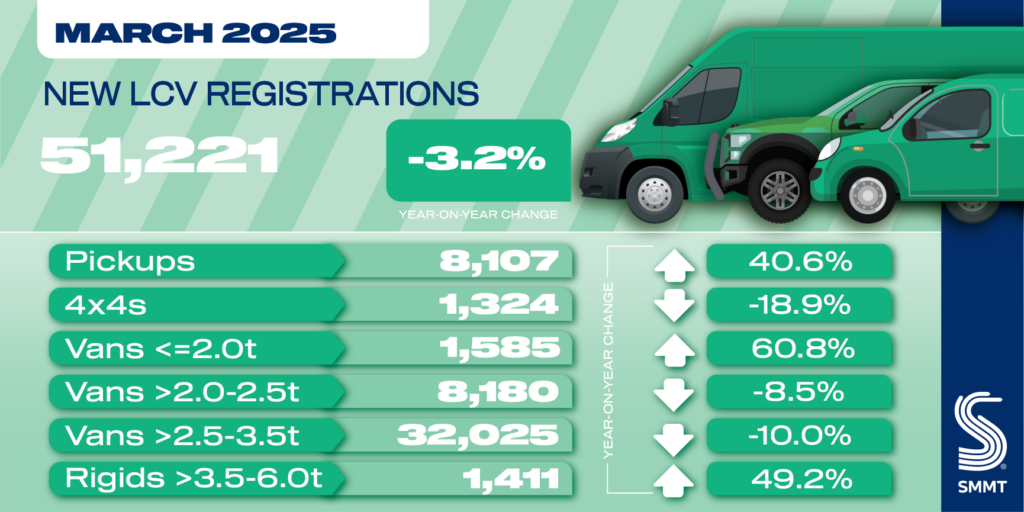








































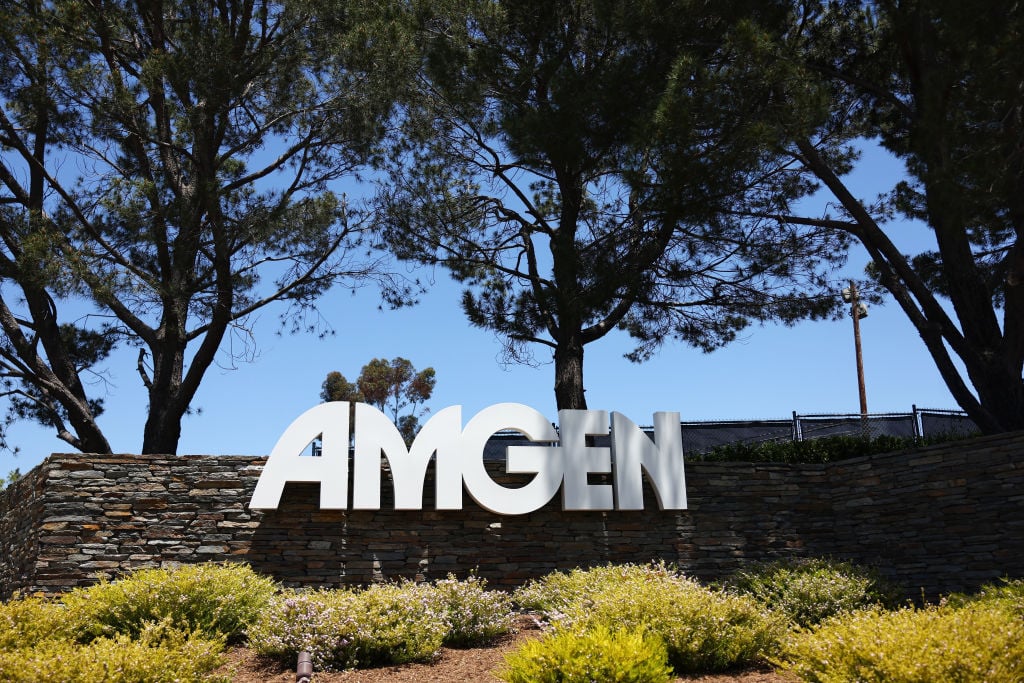











































































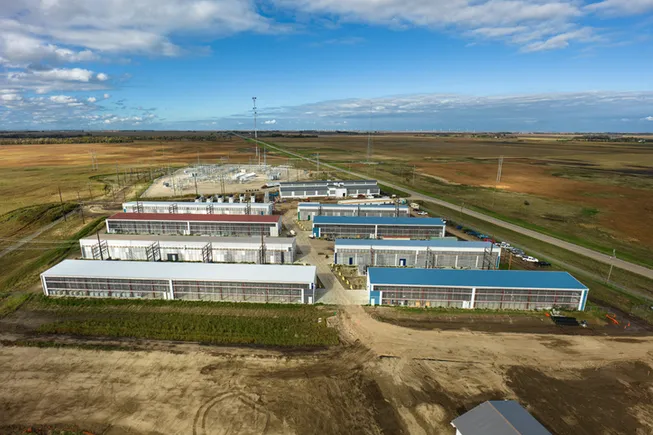














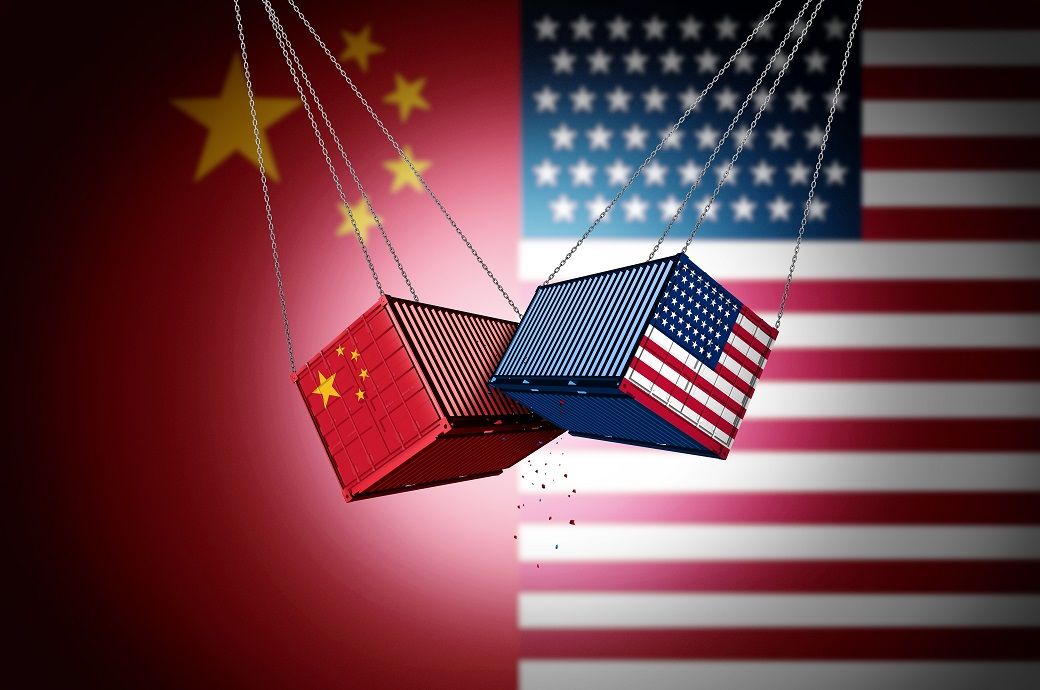

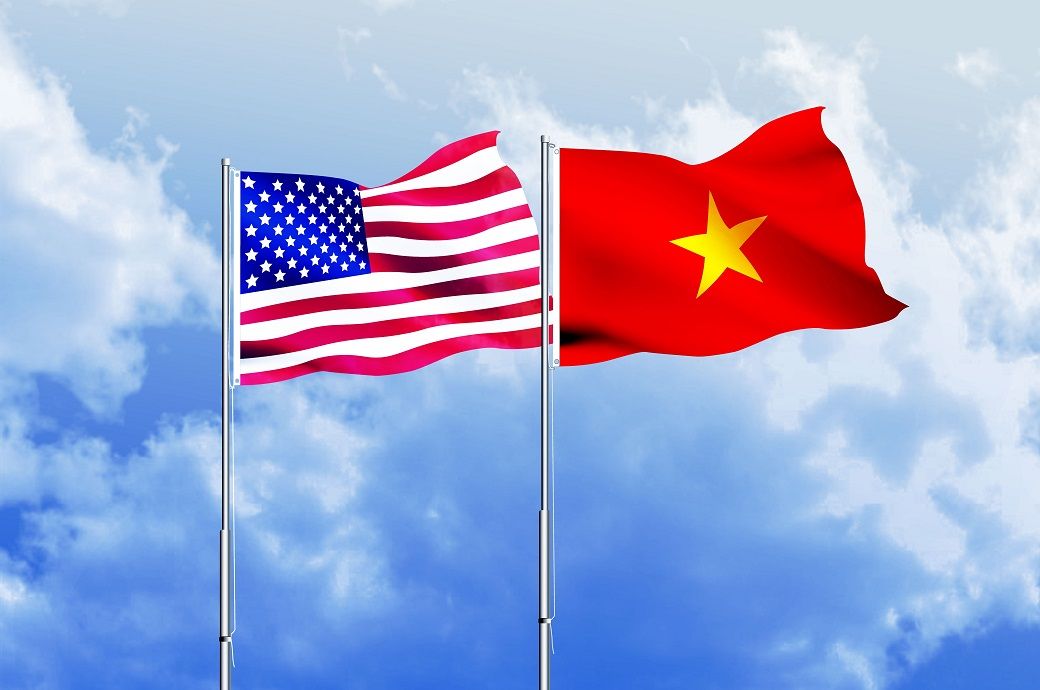





.jpg)











